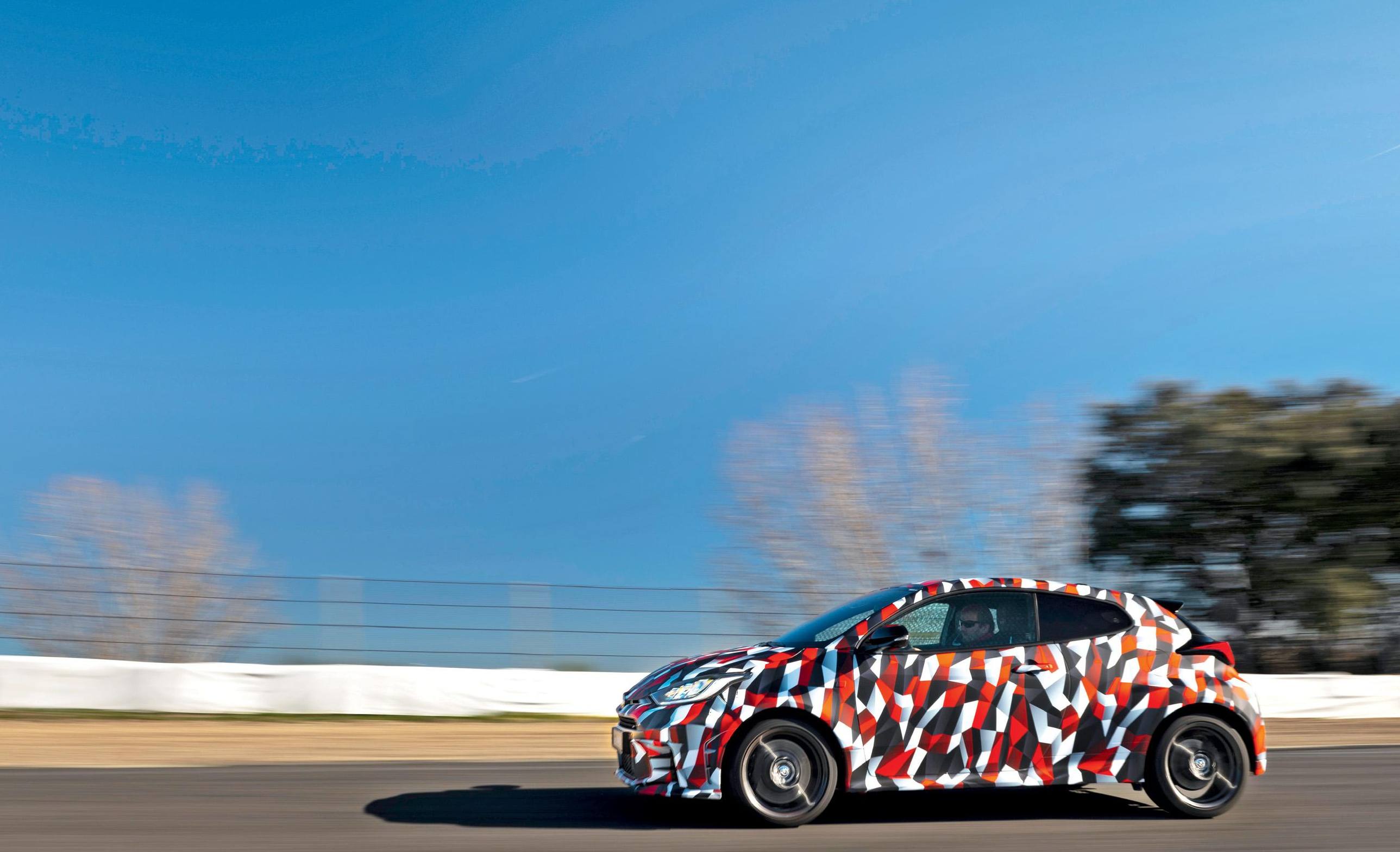
As it is, the good people at Toyota have been taken aback by the little hot hatch's popularity. They've now made 32,000 of them, and counting.
Not only has that justified this facelift, which Toyota didn't imagine it would ever be in a position to produce, but it also means they've now committed to the GR Yaris for the longer haul. So long as Toyota can sell them (not a given in the UK or EU, given emissions limits), it will keep making them.
In the meantime, they've also been rallying and circuit racing it - and discovering its limitations - which have played into this facelift. They've crashed it, melted it, and burnt it so that you don't have to. The headlines are that there's now more power and there's the long-awaited option of an automatic gearbox, but the detail changes run much deeper.
At the front, the bumper is now made in three pieces, rather than one, so that it's quicker to replace a corner if you nerf it off on a racetrack.
The centre section includes a larger cooling aperture, necessary for engine durability, and its grille is now made of metal, rather than plastic, so that debris doesn't burst through it, exposing the radiator to holing the next time it happens.
At the rear, the low-level reversing light has been moved level with the other lights - hot exhausts could and have melted it - and the high-level brake light has been moved from the spoiler to the rear window, because it was upsetting tuners who fitted their own rear wings.
My test cars here are disguised, but I'm told that otherwise the visuals including 18-inch wheels with 225/40 Michelin Pilot Sport 4S rubber - are largely unchanged.
The body changes are ones you can't see. There's a 15 percent increase in the number of spot welds and a 15 percent increase in the adhesive used to stiffen the shell. Weight is unchanged, at 1280kg. The front struts are now more securely mounted by three bolts, rather than one larger one.
This story is from the {{IssueName}} edition of {{MagazineName}}.
Start your 7-day Magzter GOLD free trial to access thousands of curated premium stories, and 9,000+ magazines and newspapers.
Already a subscriber ? Sign In
This story is from the {{IssueName}} edition of {{MagazineName}}.
Start your 7-day Magzter GOLD free trial to access thousands of curated premium stories, and 9,000+ magazines and newspapers.
Already a subscriber? Sign In

JAGUAR XE
JAGUAR WAVES GOODBYE TO LOWER-END PRODUCTS”
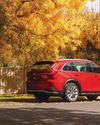
LOTS TO LIKE, NIGGLES TO FIX
MAZDA'S BOLDEST SUV YET WAVES GOODBYE, BUT IS IT A HIT OR A MISS?
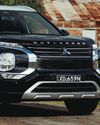
THINGS THAT GO BUMP IN THE MORNING
ELLEN'S UP WITH THE LARKS BUT GETS AN UNWELCOME EARLY MORNING ALARM
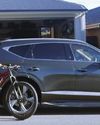
LAND OF CONFUSION
OR HOW THE GENESIS GV80 STILL MANAGES TO KNOT THE BROWS OF THE UNINITIATED
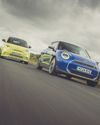
CHARGE OF THE LIGHT BRIGADE
NAME YOUR TOP 10 HOT HATCHES AND WE’LL BET NONE OF THEM HAVE BATTERIES. THE ABARTH SO0E AND MINI COOPER SE AIM TO POWER INTO THAT OPPORTUNITY
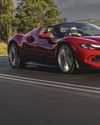
Polar expresS
A DROP-TOP FERRARI ON THE COLDEST DAY OF THE YEAR? ANDY ENRIGHT RUGS UP FOR A FRESH BLAST THROUGH SOUTH GIPPSLAND'S FINEST ROADS

DYNASTY REUNION
AHEAD OF THE ARRIVAL OF THE GS0 BMW Mo, WE FIND OUT WHICH GENERATION OF MUNICH'S SUPER-SEDAN IS THE GREATEST EVER
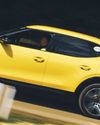
FORD CAPRI
THE EV YOU ALWAYS PROMISED YOURSELF?
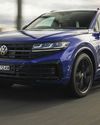
VOLKSWAGEN TOUAREG R
TOP-TIER TOUAREG DELIVERS WHAT YOU EXPECT FROM THAT R BADGE
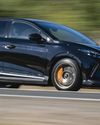
MG 4 X-POWER
MG TAKES A MULLIGAN ON THE X-POWER